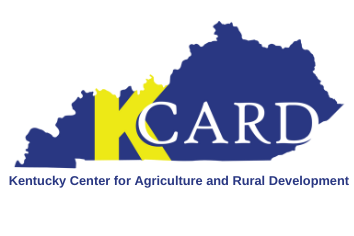If you look at a Profit/Loss statement (also called an Income Statement), you will often see Cost of Goods Sold (COGS) broken out from other expenses. What are these and why break them apart?
Costs of Goods Sold are expenses that are directly attributed to the amount of production. COGS are reported on the Income Statement and are segregated from Operating Expenses, which are expenses that are not directly tied to production.
Let’s use the example of a farm that raises livestock and sells meat. You can see in the lists below that COGS will fluctuate greatly depending on the quantity produced. If the farm were to increase from raising 4 animals to 10, feed costs and processing costs (COGS) would substantially increase because those expenses are directly tied to production, but insurance and rent (Operating Expenses) would likely stay the same.
Costs of Good Sold
Animal Feed & Minerals Expense
Vet & Medical
Replacement Animals
USDA Processing Cost
Packaging
Operating Expenses
Hauling Expense
Marketing
Fuel & Oil|
Insurance
Licenses & Permits
Utilities
Office Expenses
Rent
Repair & Maintenance
Subscriptions & Dues
Only production costs, not sales and management, are included in COGS. That can get tricky with labor. Labor associated with production should be included in COGS, but labor associated with marketing or management should go in your operating expenses.
Why does it matter? Knowing a business’ COGS helps evaluate profitability. The number that remains after you subtract COGS from your total revenue is known as your gross profit. Different products within a farm business have different COGS, and as such, different levels of gross profit. A farm business might choose to raise more beef and less eggs (or vice versa) after figuring out the gross profit for each enterprise.
If you would like assistance in determining the COGS in your farm business, reach out to us today. We can help you set up recordkeeping systems that will allow for in-depth profitability analysis. Email us at kcard@kcard.info or give us a call at 859-550-3972.

